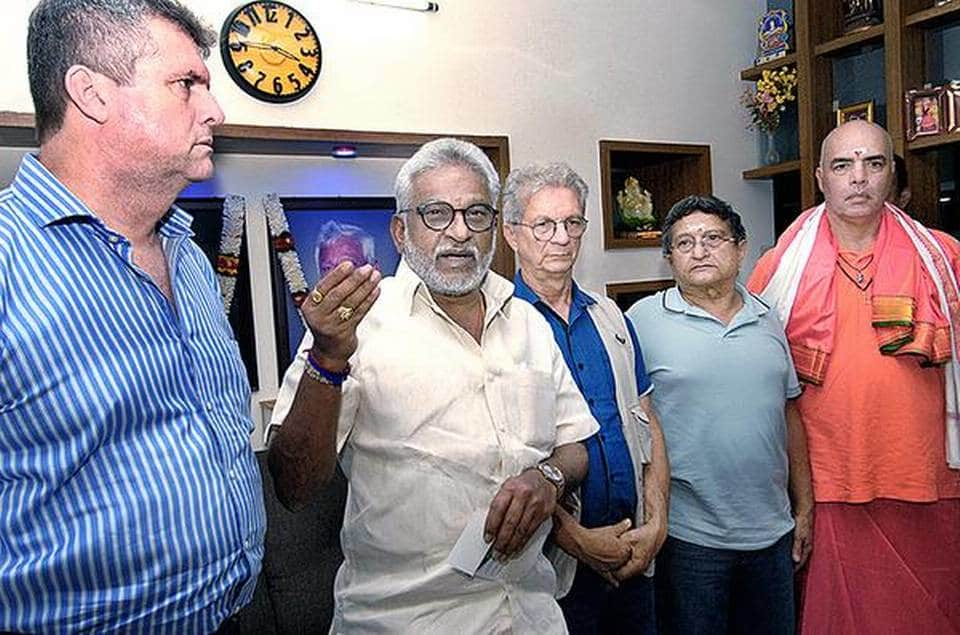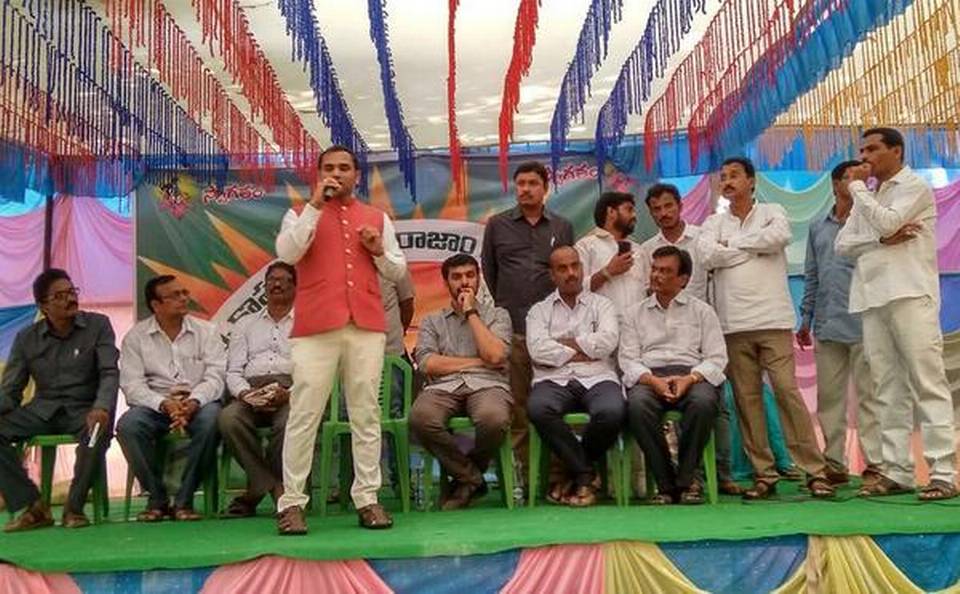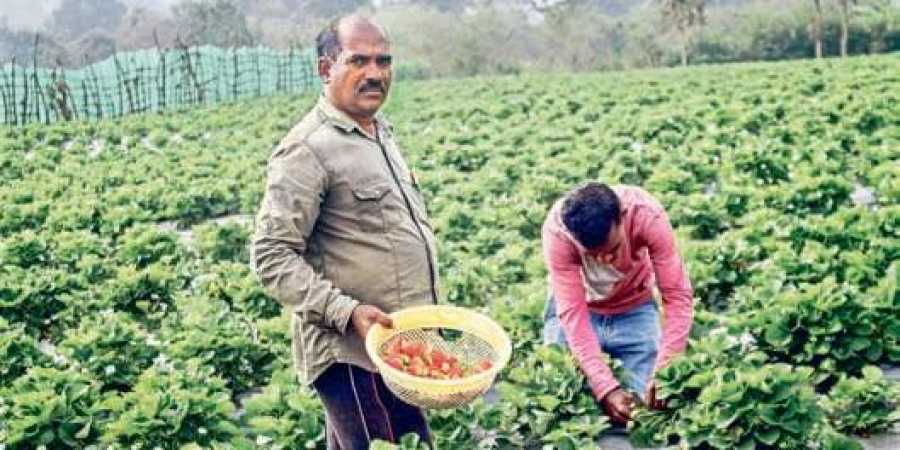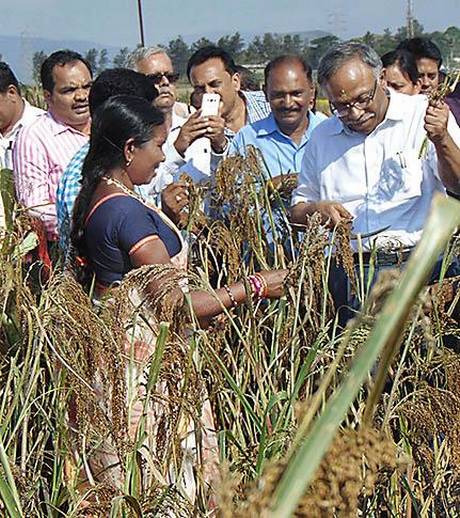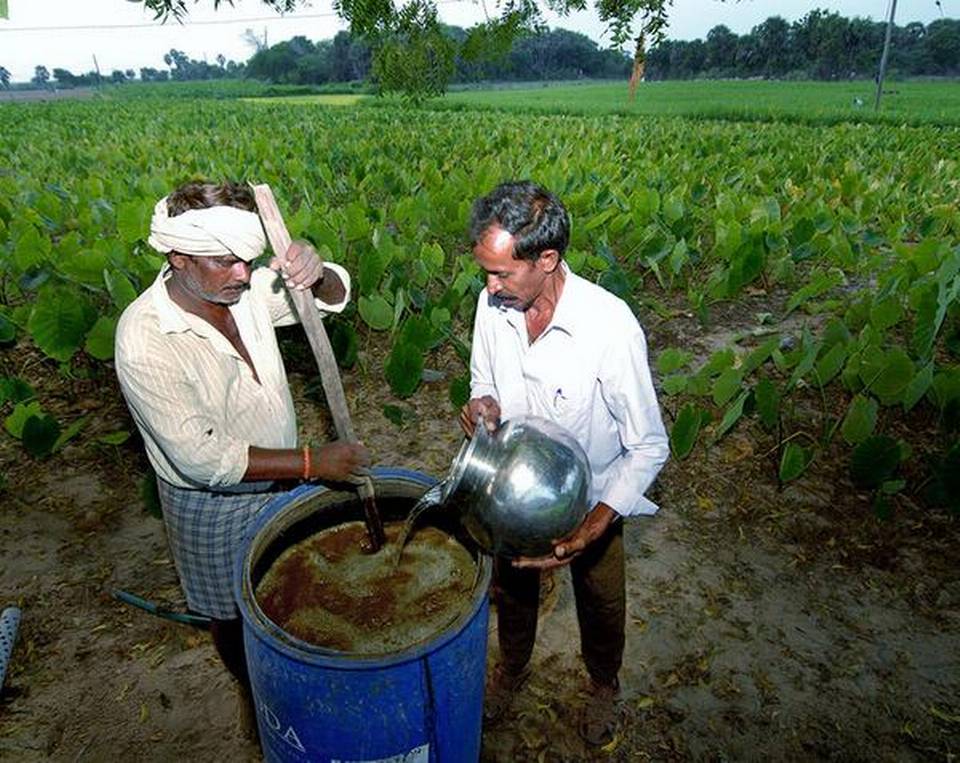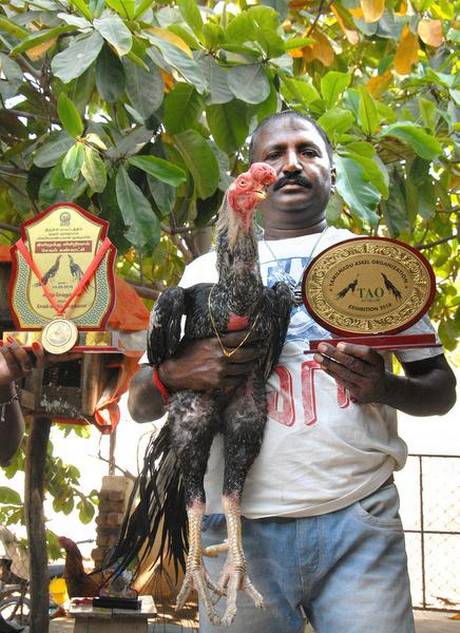
A chicken breed once reared for fighting abilities is now sought for its looks
Eggs that fetch between ₹1,000 to ₹2,500 each and cocks that cost as much as ₹1.5 lakh may sound like a flight of fancy but these are not ordinary hens and roosters that breeders are rearing.
With fans of the Aseel — a chicken breed once reared for its fighting abilities and now sought for its looks — ready to pay for birds sporting well-bred parrot beaks and peacock tails, a breeder from remote Cumbum village, near Markapur town in Andhra’s Prakasam district, is running a roaring business by rearing roosters.
Chilakacherla Krishnamachari took to breeding exotic indigenous chicken varieties in a small way in the 1990s, impressed by their build and warrior-like appearance.
“I got two pairs from the Bobbili royal family in Vizianagaram and slowly developed the farm over the years,” he says, recounting how it all started.
Now well-connected with customers on social media platforms, including Facebook, WhatsApp and Youtube, he mints money selling Aseel eggs and chicks to bird lovers within the country and abroad at fancy prices, while retaining the breeder cocks and hens.
While a well-bred 40-day-old chick fetches ₹20,000, the cost goes up as the chicks get older. An 18-month Aseel commands as much as ₹1.25 lakh, he says after concluding a business deal with an Aseel admirer from Udumalpet in neighbouring Tamil Nadu.
Beauty contests
The fascination for Aseels among enthusiasts has pushed up the price of roosters since 2015. Aseel lovers now hold beauty contests at periodic intervals, says the breeder, showing the medals won by his pets in a competition held in Dindigul last year. For centuries, the ferocious Aseels were reared for their fighting abilities during gladiator events and to inspire soldiers from retreating during a war. “But I rear the birds with short beaks and long tails only to showcase them to bird lovers during beauty contests,’’ the 50-year-old breeder says, gearing up for participation in one such event in Chennai in March.
He also says he avoids using an incubator for hatching, even though more eggs can be hatched in a shorter period. To protect his precious birds, he deploys two ferocious guard dogs that maintain a strict round-the-clock vigil on the farm.
source: http://www.thehindu.com / The Hindu / Home> News> States> Andhra Pradesh / by S. Murali / Ongole – February 21st, 2019
